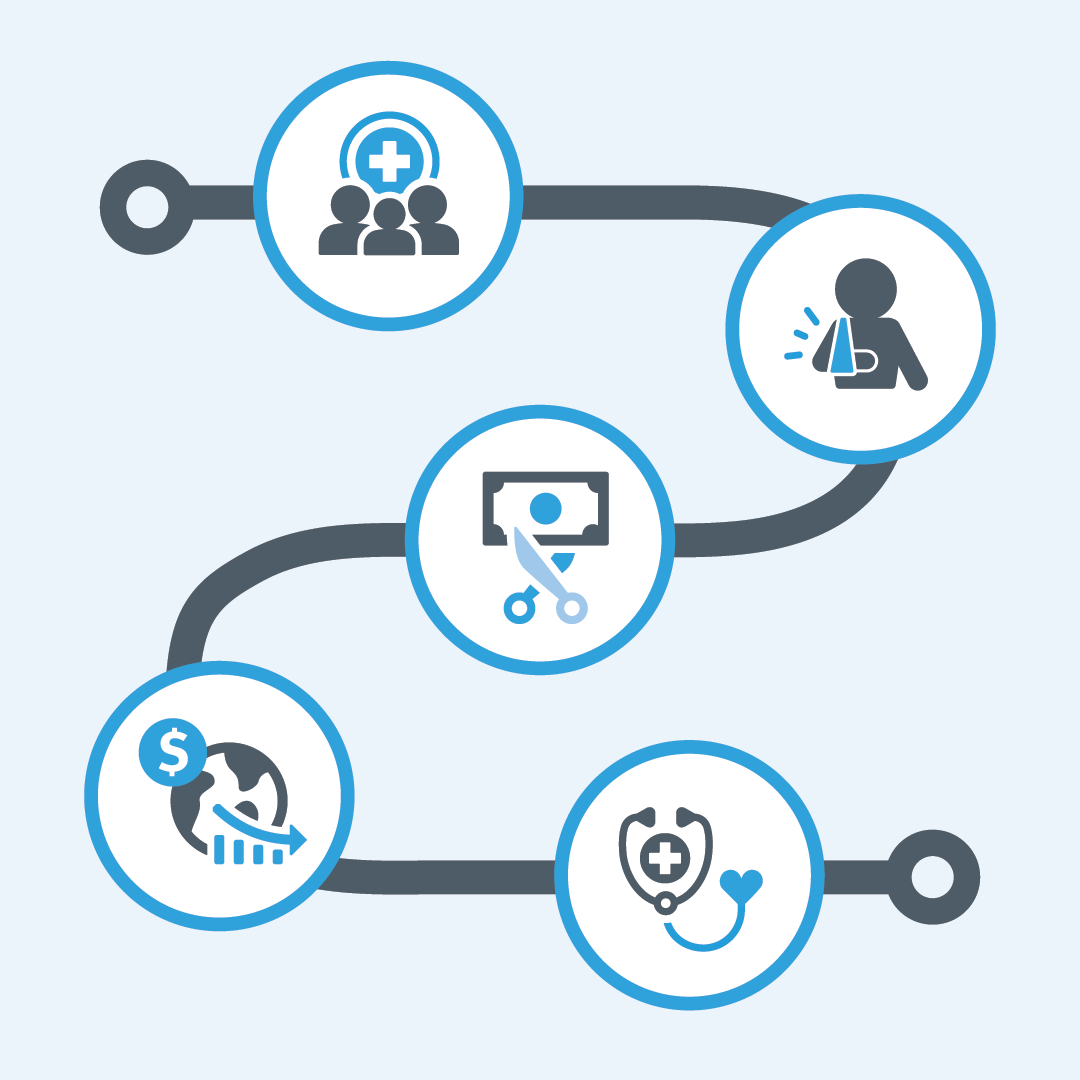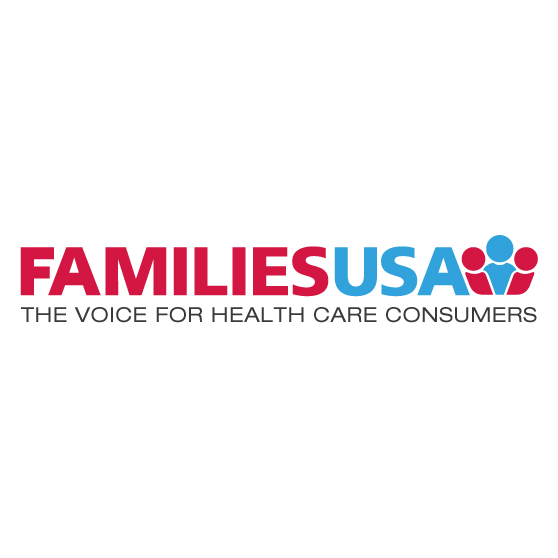
Maryland and New York Seek to Help People Leaving Incarceration Get Health Care
07.20.2016
When people leave prison or jail, helping them get health care is critical to ensuring they reenter their communities as seamlessly as possible. To help connect this population to health coverage, both Maryland and New York are proposing innovative ideas that have not been pursued in any other state.
Maryland would enroll people leaving prison or jail in Medicaid using presumptive eligibility
Maryland wants to allow people who are released from incarceration to be temporarily enrolled in Medicaid through presumptive eligibility (PE), if it appears they are eligible. Maryland’s Department of Health and Mental Hygiene (DHMH) is pursuing this change through a renewal of the state’s current Section 1115 demonstration waiver, HealthChoice, which includes a number of provisions in addition to coverage for the justice-involved population.
Enrolling people in Medicaid using PE is simpler than completing an entire Medicaid application because individuals only have to answer a basic set of eligibility questions. Individuals enrolled in coverage through PE are able to keep their health coverage for up to two months, depending on the date they enrolled.
This process will look very similar to the PE process in use by hospitals in Maryland, where hospitals use a system to assist patients with PE applications. With this waiver, staff at state and local facilities—instead of hospital staff—will be certified to assist with PE applications. The waiver proposal notes that the DHMH and the Department of Public Safety and Correctional Services will provide training and certification to the staff who will be determining an applicant’s PE.
Maryland submitted its waiver to CMS on July 1, 2016, after the state held public hearings and solicited feedback from stakeholders. A number of modifications were made to the original waiver following the state’s comment period, including a clarification about how many PE periods an individual can have in a year span.
CMS is now in the process of reviewing the waiver application and deciding whether or not to approve it.
New York wants Medicaid to reimburse correctional facilities for care provided to certain populations
New York’s Department of Health also has plans to submit a Section 1115 waiver to help incarcerated individuals obtain health care services. New York’s waiver would provide correctional facilities with Medicaid reimbursement for certain health care services that facilities provide to people with serious behavioral or physical health conditions.
To participate, these individuals would also have to be eligible for the Health Homes program under the Section 2703 of the ACA.
Generally, people are not eligible for Medicaid while they are incarcerated. To overcome this restriction, New York is proposing to allow Medicaid to reimburse facilities for certain services provided 30 days before an individual is released. This reimbursement arrangement would apply only to people who were already enrolled in Medicaid when they entered jail or prison and whose Medicaid was suspended once they were incarcerated.
The goal of New York’s waiver is twofold: to aid in the reentry process by providing continuity of care to those in need and to reduce costs for correctional facilities.
New York’s waiver is still being developed.
Questions remain about both states’ approaches
While we are encouraged by both of these proposals, there are still some outstanding questions about each:
- Maryland: How will the state ensure that people are connected to coverage after their PE period is over? Will the prisons and jails be required to make staff available to help make PE determinations? Will they have staff capacity to do so? If they don’t, who will be able to assist with PE determinations or full Medicaid applications?
- New York: Will the Centers for Medicare and Medicaid Services (CMS) approve the waiver? If so, are there limitations on the scope of the waiver that other states should keep in mind? Limitations could include: the types of services that are reimbursable, which individuals will qualify to have their services reimbursed, or the timeframe permitted for services to be reimbursed.
We support innovative policies like these to make it easier for a person leaving the criminal justice system to regain health coverage—or to get health care while incarcerated, as New York wants to do. To learn more about what states are doing to help the justice-involved population get coverage, see our 50-state map showing which states suspend Medicaid for incarcerated people.




